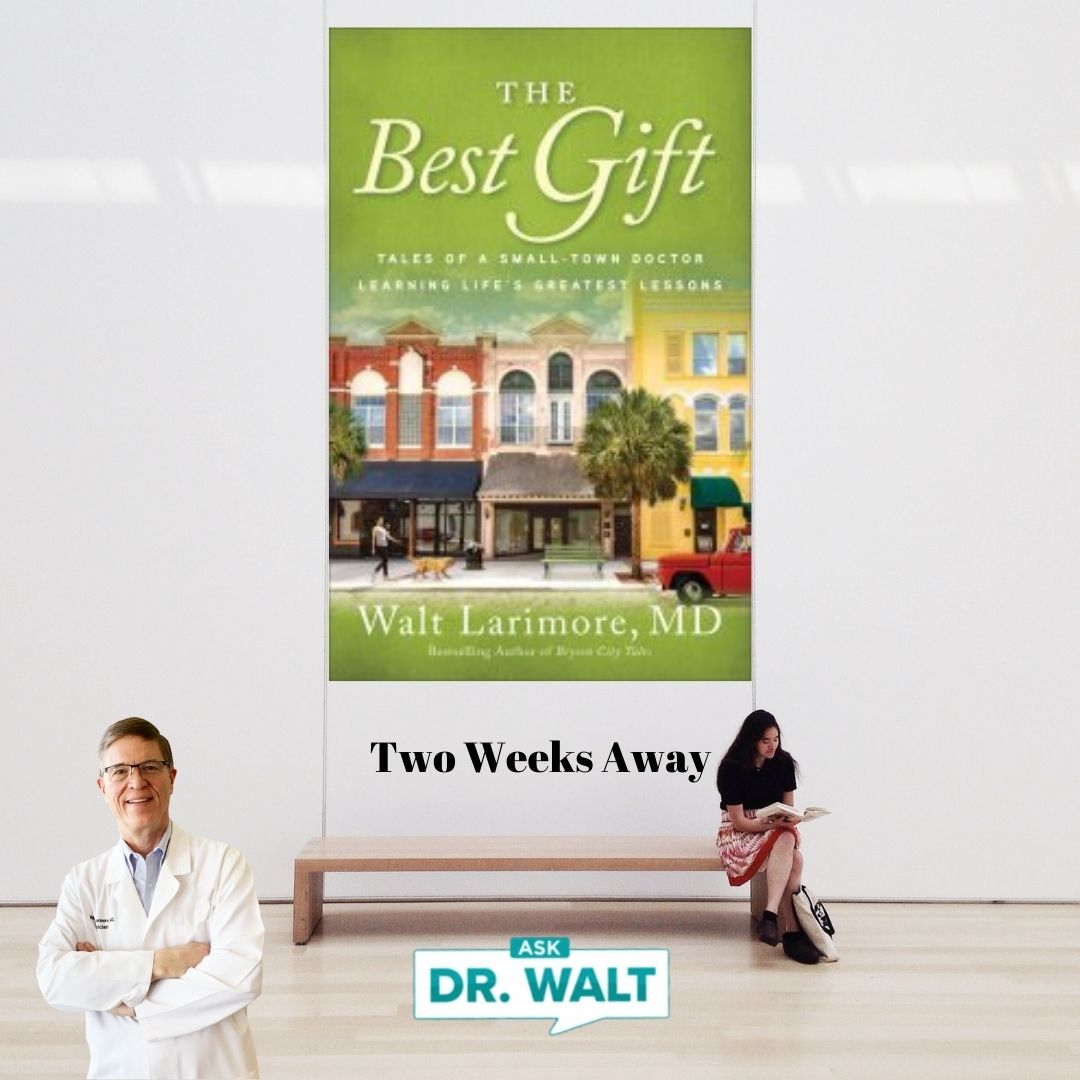
Monthly Family Update – November 2021
November 1, 2021
Only two weeks until “The Best Gift” of the season is available for you
November 2, 2021Researchers from the University of California, Los Angeles, reported that “Traumatic events in childhood have been linked in previous studies to a higher risk of heart disease, diabetes, riskier health behaviors like smoking and drug use, and decreased life expectancy.”
In this new study, they also reported that people with neurologic conditions like stroke, headache, and epilepsy were more likely to have experienced abuse, neglect, or household dysfunction as children. The study can’t prove that these experiences cause neurologic conditions, only that the two appear associated, according to the report which was published in the journal Neurology.
But it is quite stunning to find that those with high scores on an early childhood trauma questionnaire were:
- 21 times more likely to have four or more emergency department visits in the previous year, and
- 5 times more likely to be hospitalized three or more times in the last year.
- 3 times more likely to call their clinic 15 times or more within the prior year.
- 6 times more likely to have other medical conditions and
- 5 times more likely to also have a psychiatric condition.
Depression and anxiety scores were also elevated in many patients, the researchers noted.
These findings suggest that people with adverse childhood experiences may benefit from an appropriate referral to social work and behavioral health resources to reduce their need for health care and to improve their overall health.
More details are available at DrWalt.com.
© Copyright WLL, INC. 2021. This blog provides a wide variety of general health information only and is not intended to be a substitute for professional medical advice, diagnosis, or treatment from your regular physician. If you are concerned about your health, take what you learn from this blog and meet with your personal doctor to discuss your concerns.




